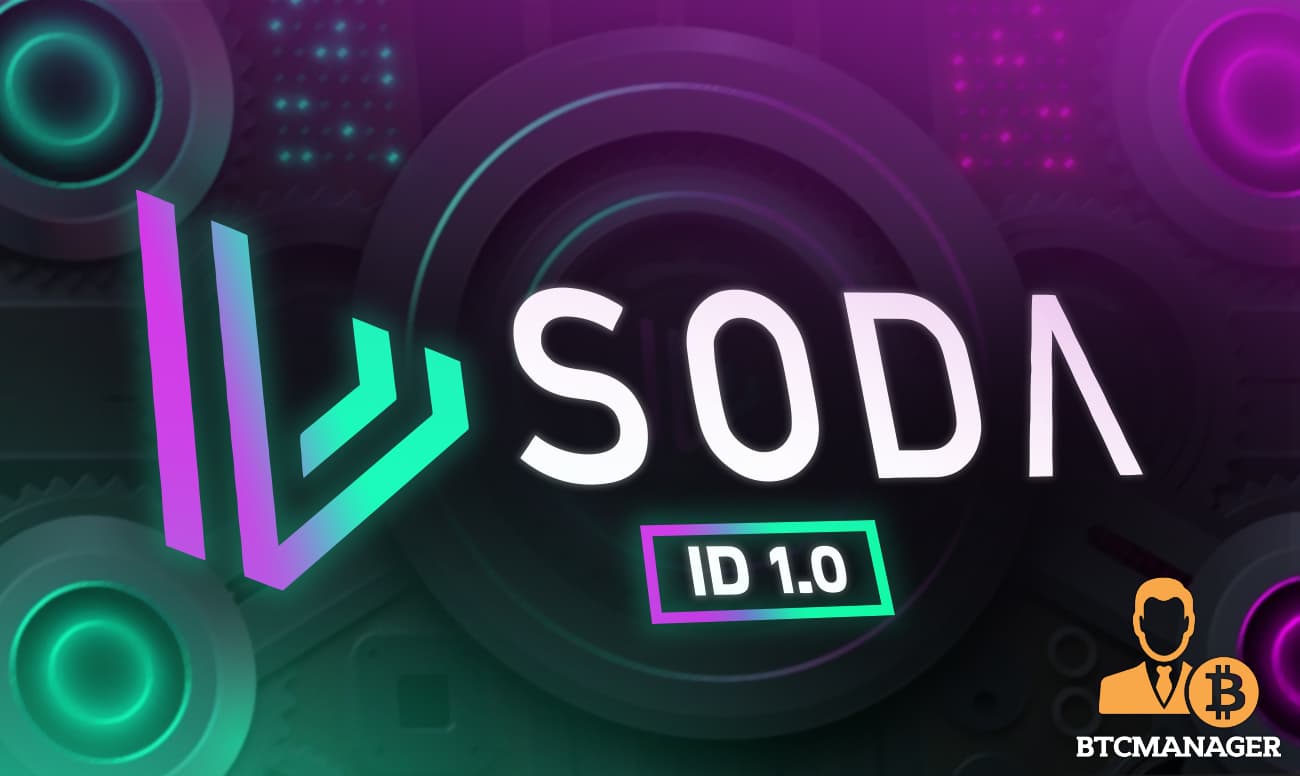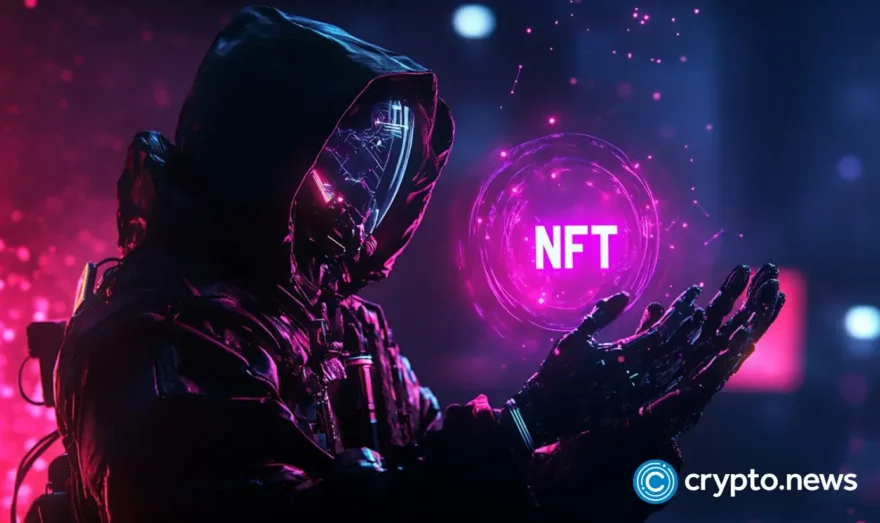Soda ID Launches on Solana, To Create Definite User Profiles of DeFi Users Based On On-Chain Activities

There are no two ways about DeFi, NFTs, gaming, and blockchain in general. The sector is mega and churns an astounding amount of data each passing day.
Legacy chains like Ethereum and Bitcoin are now behemoths, commanding colossal valuation.
Bitcoin might be a pure transactional layer that may be tagged as restive or old school. However, it is one sophisticated machine whose appendages include side chains with smart contracting capabilities. Ethereum and Solana, on the other hand, set the pace of everything else that’s not simply transactional. From DeFi to NFTs and gaming to layer-2 solutions and whatnot, data is proving to be king.
And if data is king, profiling and analytics should be more effortless considering the transparency of the blockchain–only that it isn’t. Thus far, it is frustrating for businesses and users to extract and make sense of real-time rich data from all dense public ledgers.
Soda ID Launching on Solana, Making Sense from Disparate On-Chain Financial Data
The launch of Soda ID on the Solana blockchain is anchored on the increasing complexity of public chains and the richness of data therein which desperately needs to be sifted for quick decision making and more.
Soda ID is a digital pipeline launched by the Soda Protocol—an on-chain credit ranking system.
It collects large amounts of on-chain data and automatically performs a series of operations to generate a definite portrait of an active on-chain user.
Their behavior gets clearer as more on-chain data is collected from the user’s linked address.
How Soda ID Works
Central to Soda ID is the stream and batch processing.
In the former pipework, the portal collects on-chain transactions of a linked account in real-time.
Meanwhile, during the batch processing, the portal automatically synchronizes and collects on-chain data at given intervals, primarily for consistency. Collected data is then stored at Soda’s data warehouse.
Once completed and data consistency guaranteed, it is parsed and processed.
Afterward, data is labeled and used to train machine learning algorithms.
Specifically, during the labeling processes, Soda ID relies on snap-shot results of data-weighted assets, records of active swaps, records of lending and borrowing, and valuable information on farming and other DeFi-related behaviors.
With this vital stage complete, a user profile’s pattern begins to take shape, and a score—derived on their on-chain behaviors — can be assigned. The labeled data are secured via their Soda data warehouse before being relayed via the Soda Protocol DAPP for visualization.
Soda ID Is Immensely Useful For Defi Projects, Will It Anchor The Industry?
While profiling a user based on their on-chain activity can be one thing, developers behind Soda ID are ambitious.
In the long run, they aim to create an evolving on-chain-based credit score system continuously refined by user activity on various linked addresses in different blockchains.
On-chain data would also be supplemented with off-chain social information to refine this product further.
Soda ID, the team is firmly convinced, will anchor the future of DeFi operations. Most importantly, visualizing each user’s profile makes it easy to make a quick deduction, which can guide other operations.
For instance, based on labeled data and a user’s DeFi behaviors, a project can know how to allocate their free airdrops or even distribute their IDO whitelist.
At the same time, portals can adjust farming efficiency dependent on data derived from their users and even have the power to tailor fees for each user.
The user’s on-chain activity will advise this targeting, meaning their behaviors also translate to a higher onboarding rate or quicker fund-raising for DeFi projects.
Soda ID Plans: Launching on Ethereum and the BSC, improve their Credit Score System
Following the launch of the first iteration of Soda ID, the team plans to release their website and a browser plugin.
Additionally, they plan on expanding to other public chains like Ethereum, the Binance Smart Chain (BSC), and other chains for better normalization, especially for users who work using multiple addresses.
At the same time, they plan to make their user data visualization more comprehensive, improve their credit score system, and build user portraits.













